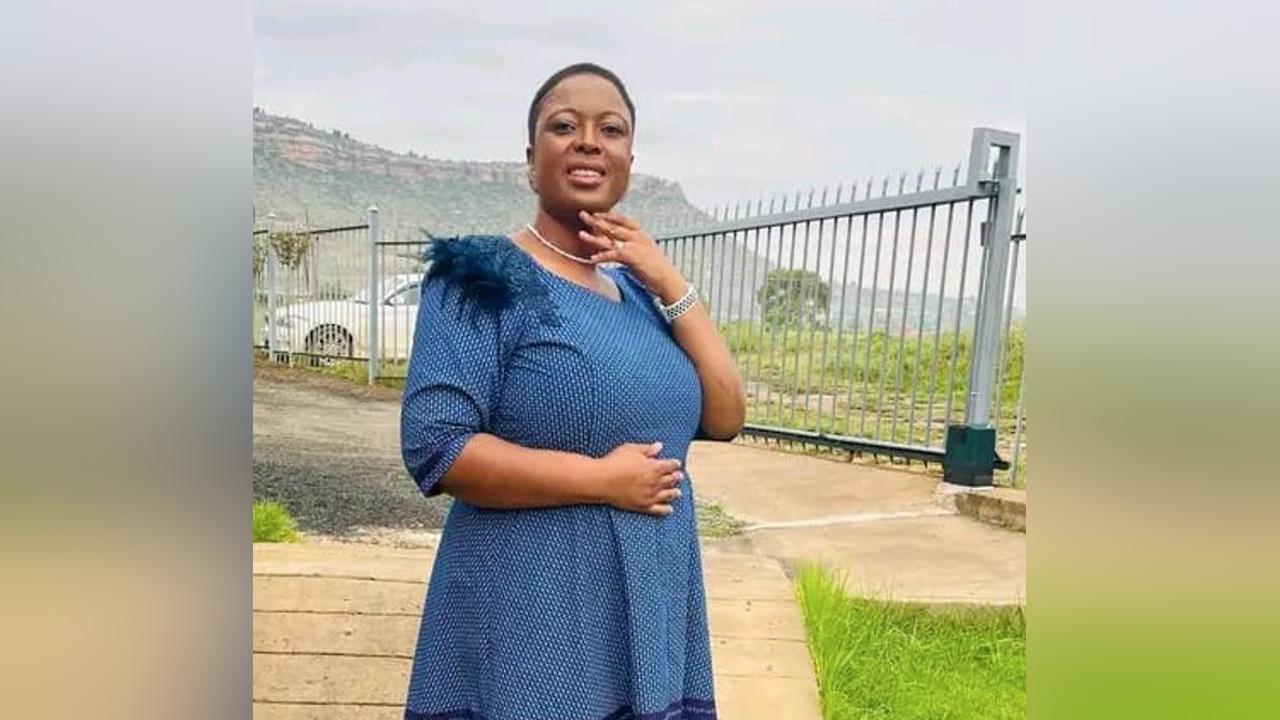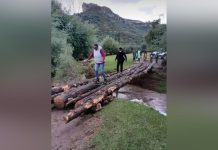Africa-Press – Lesotho. Lesotho is among the 44 countries that are working to ensure that women have the same land rights as men. The country is working on restrictions on land rights that mostly disregard women’s right to having full access to land despite the laws being on their side.
The bottlenecks include lack of practice and amendments that need to be finalised on the Inheritance Act to enable women to inherit their husbands’ land without having to consult male family members.
Advocate Libakiso Matlho from Women and Law in Southern Africa-Lesotho (WILSA) said the Land Act of 2010 gives equal land rights to all Basotho. She said those also afforded right to own land under this Act are children irrespective of their gender in a case where their parents want to pass it on to them.
She said since March 2022, a new review on Land and Administration Estate Reclamation was being revised or reviewed to an extend that the will can be written by both partners whether married in customary or civil marriage which used to be a problem in the past.
“There is another bill called the Laws of Lerotholi Amendments Bill of 2022 providing that widows no longer have to consult heirs or male relatives after the death of their spouses and can do whatever they want with their property.
“This is a progressive response by law in the sense that widows will now have the same rights as widowers, in as far as inheritance is concerned,” she noted.
She further stated that the amendment bill has already passed before the lower House of Parliament and is yet to be presented in the Senate and hopefully the Upper House will approve it for the King’s ascend and for it to be passed into a law that will provide full social and economic rights to widows.
Adv. Matlho said the amendments further state that when the widow passes on, her heir (male child), will still inherit the estate as happens under customary law but in so inheriting he has to ensure that he uses the property or inheritance with the full collaboration of the remaining siblings.
Matlho stated that the amendment rectifies challenges where an heir would take absolute rights to the exclusion of his younger siblings. A case between Maoeng siblings is one of the cases that prove that Lesotho has gone a long way in protecting women’s land rights.
The case: Maoeng vs Maoeng (C of A (CIV) 9 of 2019) [2019] LSCA 37 (01 November 2019) was before the Court of Appeal: Appeal – Customary Law – The first appellant (a male) is the first-born son of the second house under Basotho customary law.
The first respondent (a female) is the only surviving child from the first house. The deceased father of the first appellant and first respondent left behind land in both the first and second houses.
The first appellant claimed that the land from the first house was left to him by the deceased under customary law and had himself and his wife assigned the lease over the disputed land by Maseru City Council.
The first respondent challenged the transfer to the first and second appellant alleging that the transfer was procured fraudulently. She maintained the land was allocated to her by the family after the father’s death.
The land had in the meantime been passed on to third parties by the first and second appellants. It was common cause a quo that the transfer of the disputed land to first and second appellants was procured through misrepresentation.
The court a quo thus set aside for that reason and declared first respondent heir on strength of the family nominating her. On appeal, court confirmed the order setting aside the registration to both the first and second appellants and third parties and upholding the declaration of first respondent as heir to disputed land.
Speaking at a press briefing from the UNCCD 15, the Conference of the parties, a senior international consultant and former vice minister of foreign affairs of Costa Rica Loreno Aguilar, who now works for UNCCD, argued that without women’s access to land, there can be no equitable development.
“There can be no gender equality without access to land,” Aguilar said. She further noted that equitable land governance and land security tenure is critical to enabling land restoration efforts led by women.
For More News And Analysis About Lesotho Follow Africa-Press






